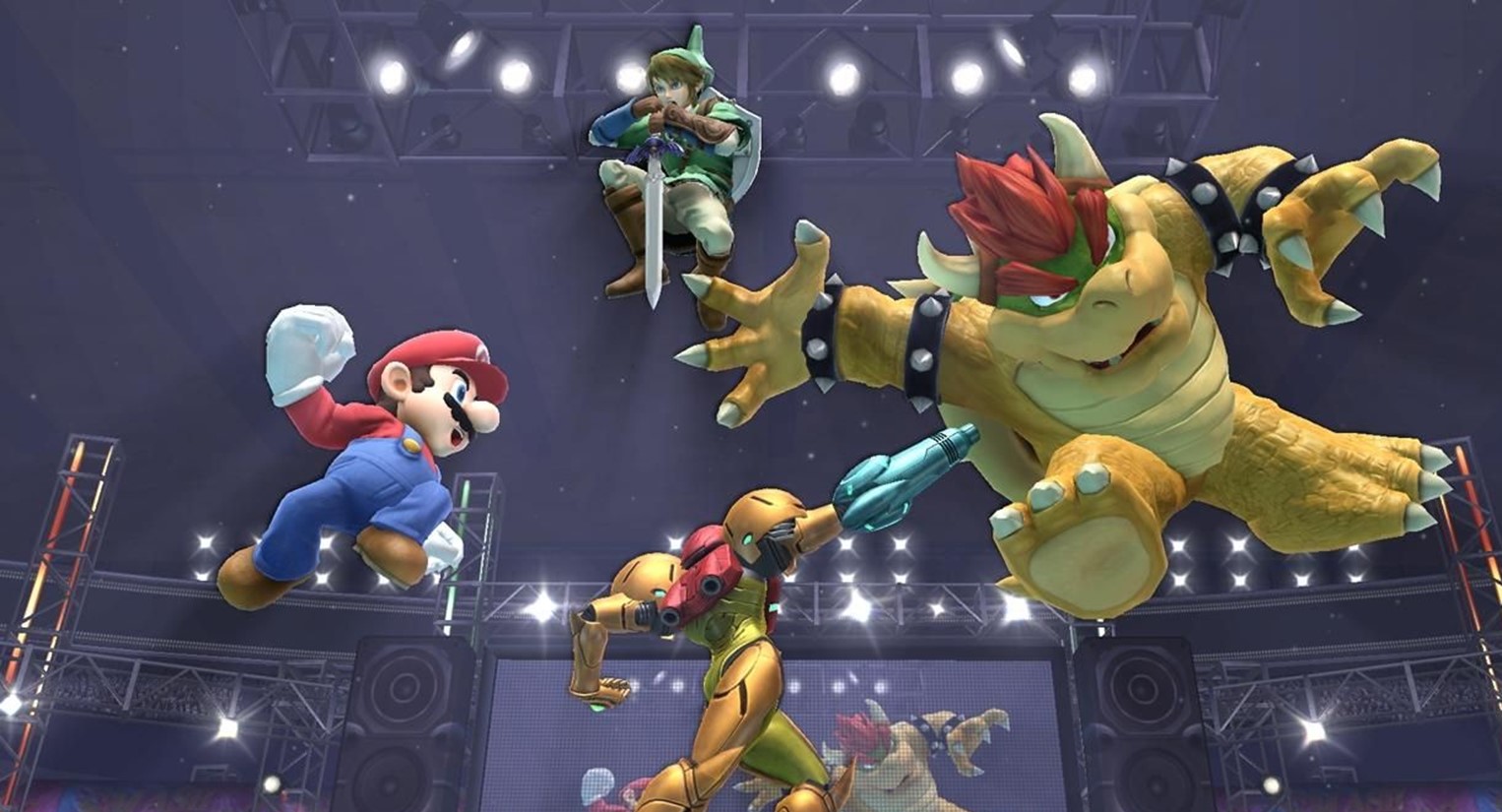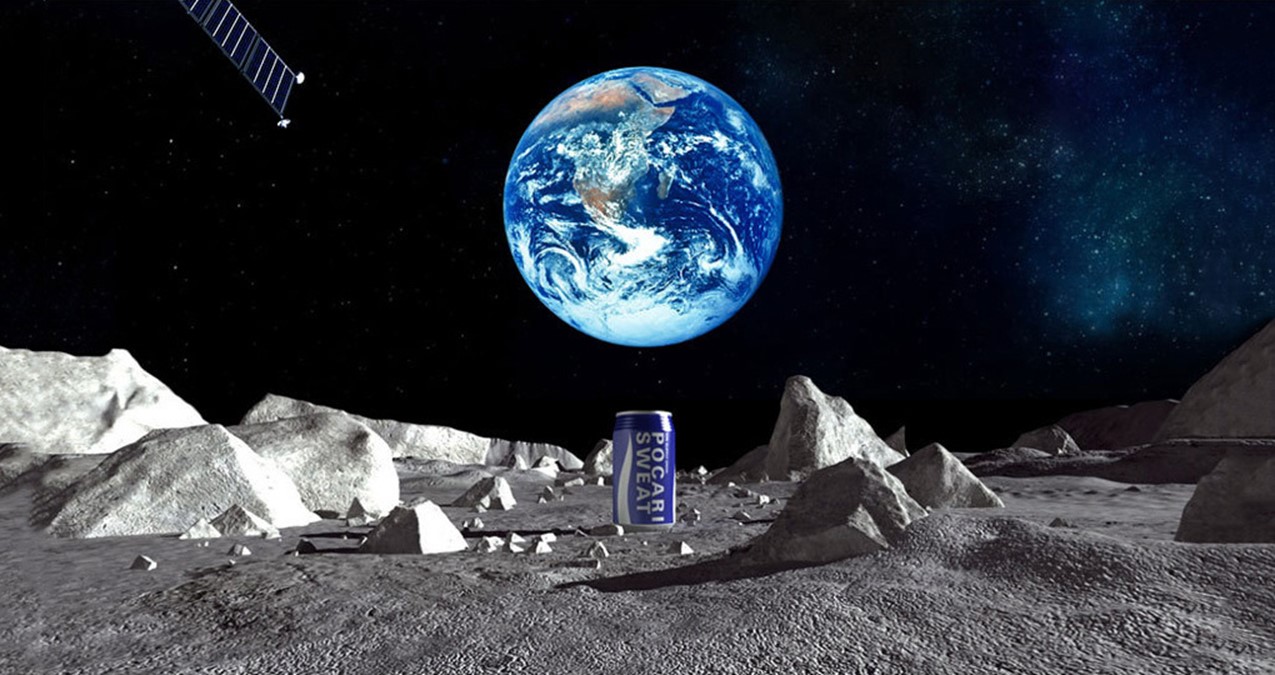The Economics Of Michael Jordan
May 25, 2014 in Daily Bulletin

Michael Jordan made over $90 million last year. Kurt Badenhausen looked at how he did it:
- When Nike released the latest edition of its Air Jordan sneakers sales were worth $35 million on the first day.
- In contrast Adidas sold $40 million worth of its signature shoes over the entirety of 2013.
- One of every two basketball shoes sold in 2013 carried Jordan’s brand.
- Despite it being a decade since Jordan played in an NBA game he was responsible for $2.25 billion in US retail basketball sales in 2013.
- There were references to Michael Jordan in 50 new songs in 2013. The next athlete on the list was Kobe Bryant with 18 mentions.
- And things are only looking up for the former athlete. His ownership of the NBA’s Charlotte Bobcats could soon turn him into a billionaire.
Read more over here.
Source: Forbes









Join the Discussion! (No Signup Required)